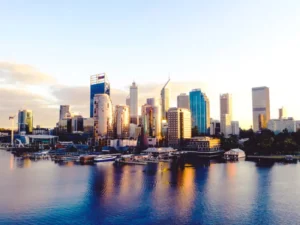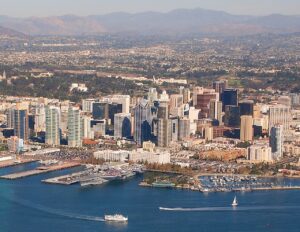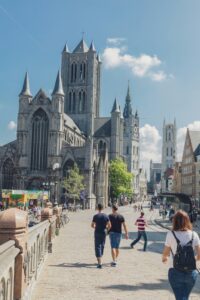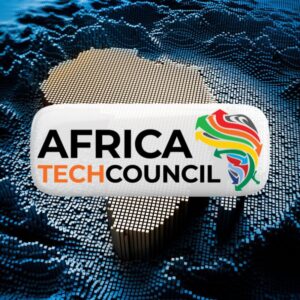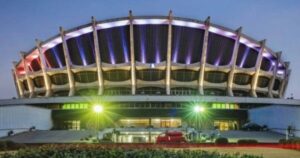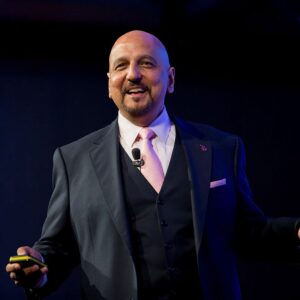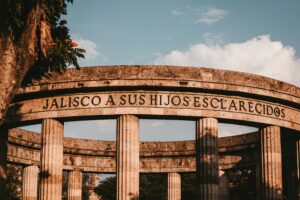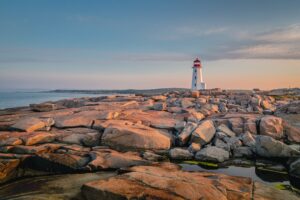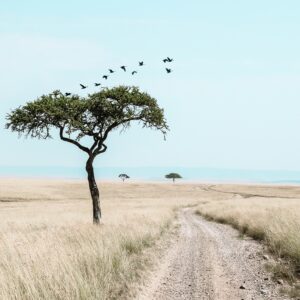If you think that every farm in the world which has dairy cattle puts pressure on the climate, it is clear you have never visited Temse! Kris and Ginny Heirbaut are overflowing with circularity and are determined to close all their cycles.
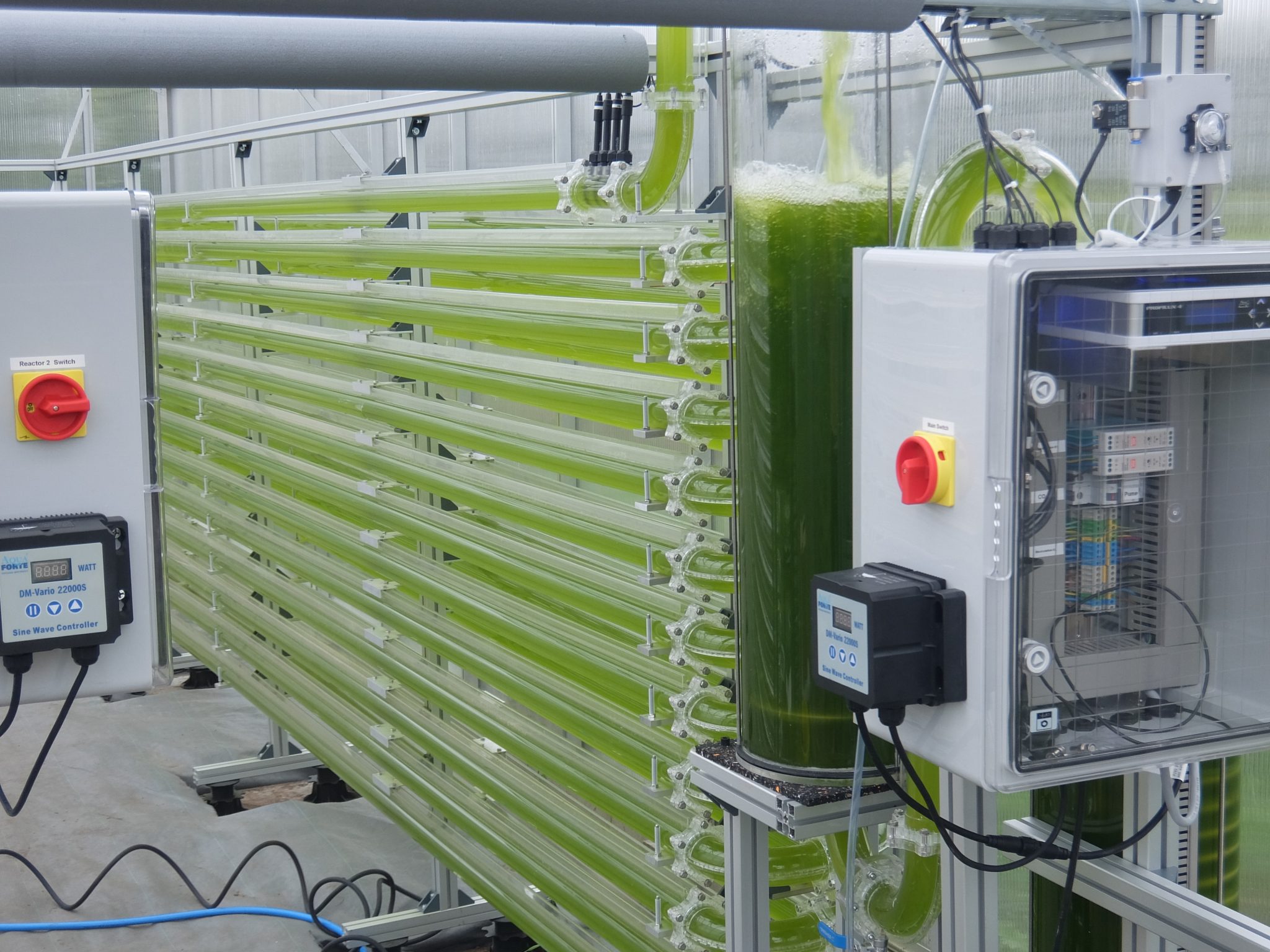
Kris’ grandfather used to have a mixed farm with a balance between animal and plant production. At the end of the 20th century, like all farmers his parents intensified the system and they chose to focus on animal production. Kris and Ginny want to turn back time while reaching out to futuristic green technologies! By bringing balance to every step of the production process they can close the cycles.
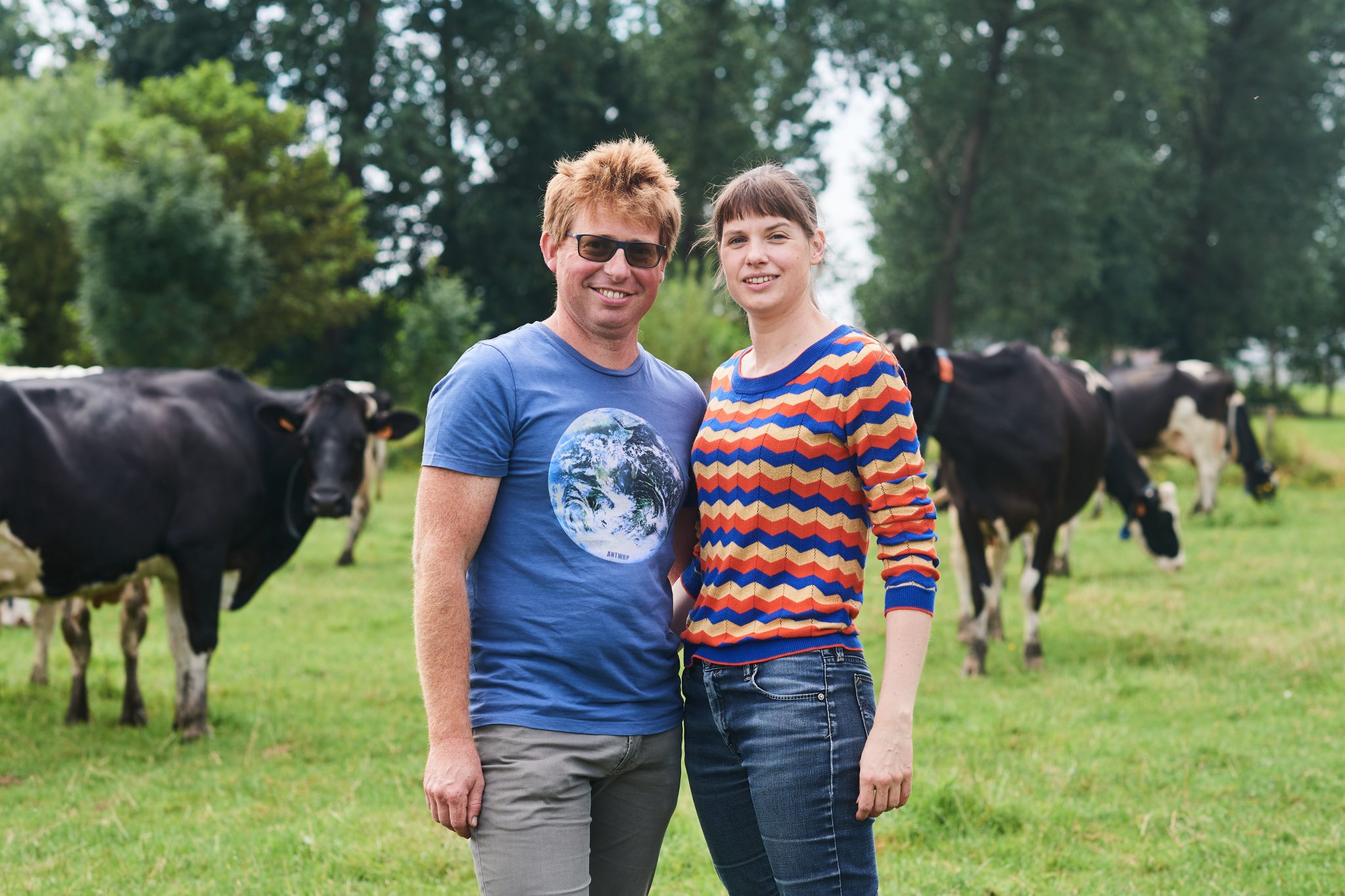
“I know many farmers pushing the envelope on innovation in Europe, but the Heirbaut family is a category in itself!”
– Erik Meers, Professor/Coordinator of the various Bioresource Recovery Platforms of the Ghent University Association
Over the past 10 years Kris and Ginny Heirbaut have put together different seed mixes by trial and error tailored to their own fields. These mixed cultures enable them to sequestrate more carbon in the soils, extract nitrogen from the air and by feeding these crops to cows they in turn cause less methane emissions by way of cow’s mouths. Part of the milk is processed on-site into delicious dairy products and fantastic ice creams that one can buy in the shop on the farm. Note that this farm doesn’t need any pesticides nor mineral fertilizers.
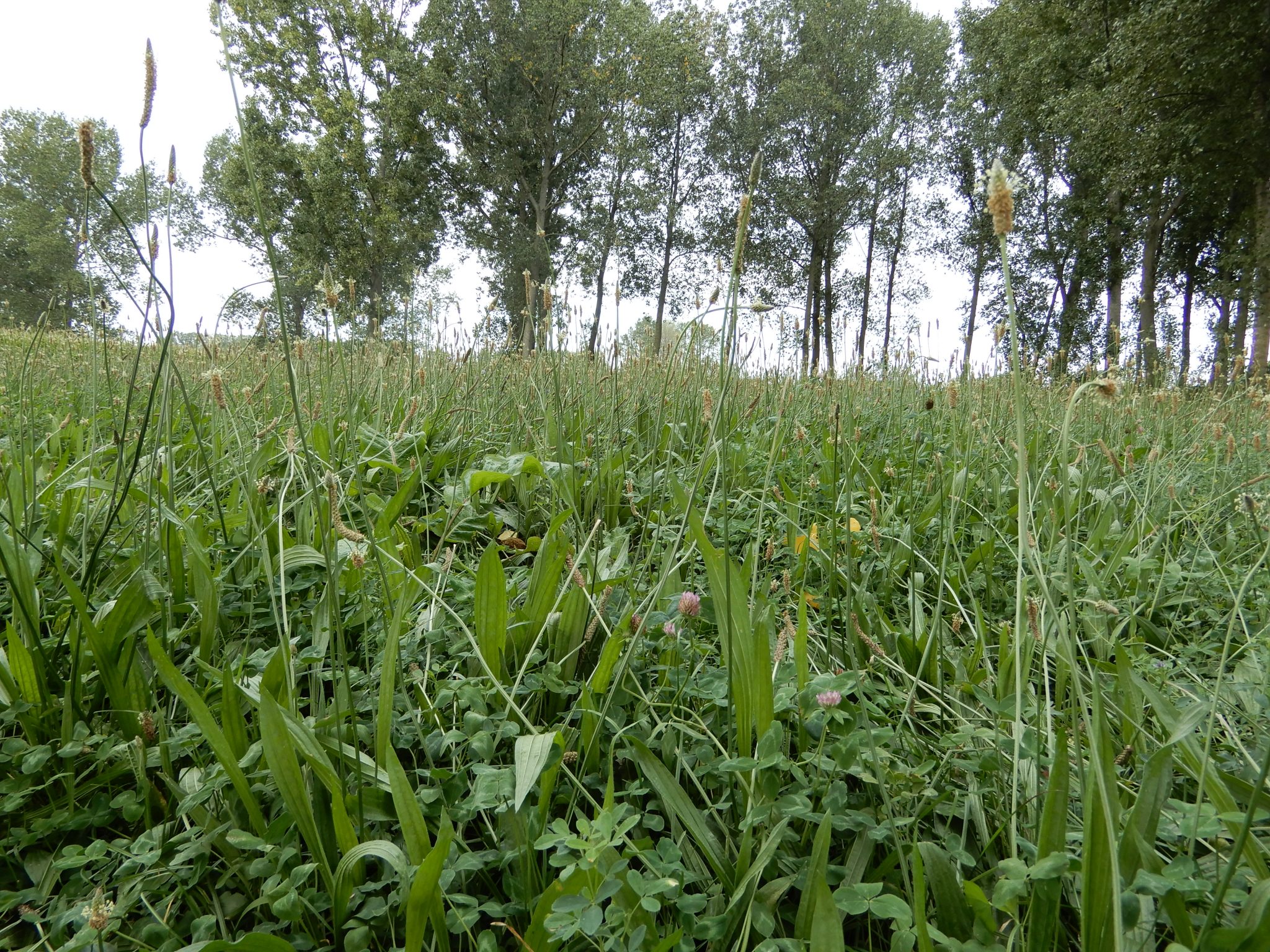
However cows also produce manure. To prevent methane emissions from the manure, an anaerobic digester was built. A combustion engine has to take up the concentrated methane from the digester and uses it to produce renewable energy. Of course the engine’s flue gases contain a lot of CO2. Kris and Ginny have taken up the ambitious plan to recycle this CO2 into a closed microalgae production to convert it into carbon and dioxide, so they can eventually generate oxygen in the air!
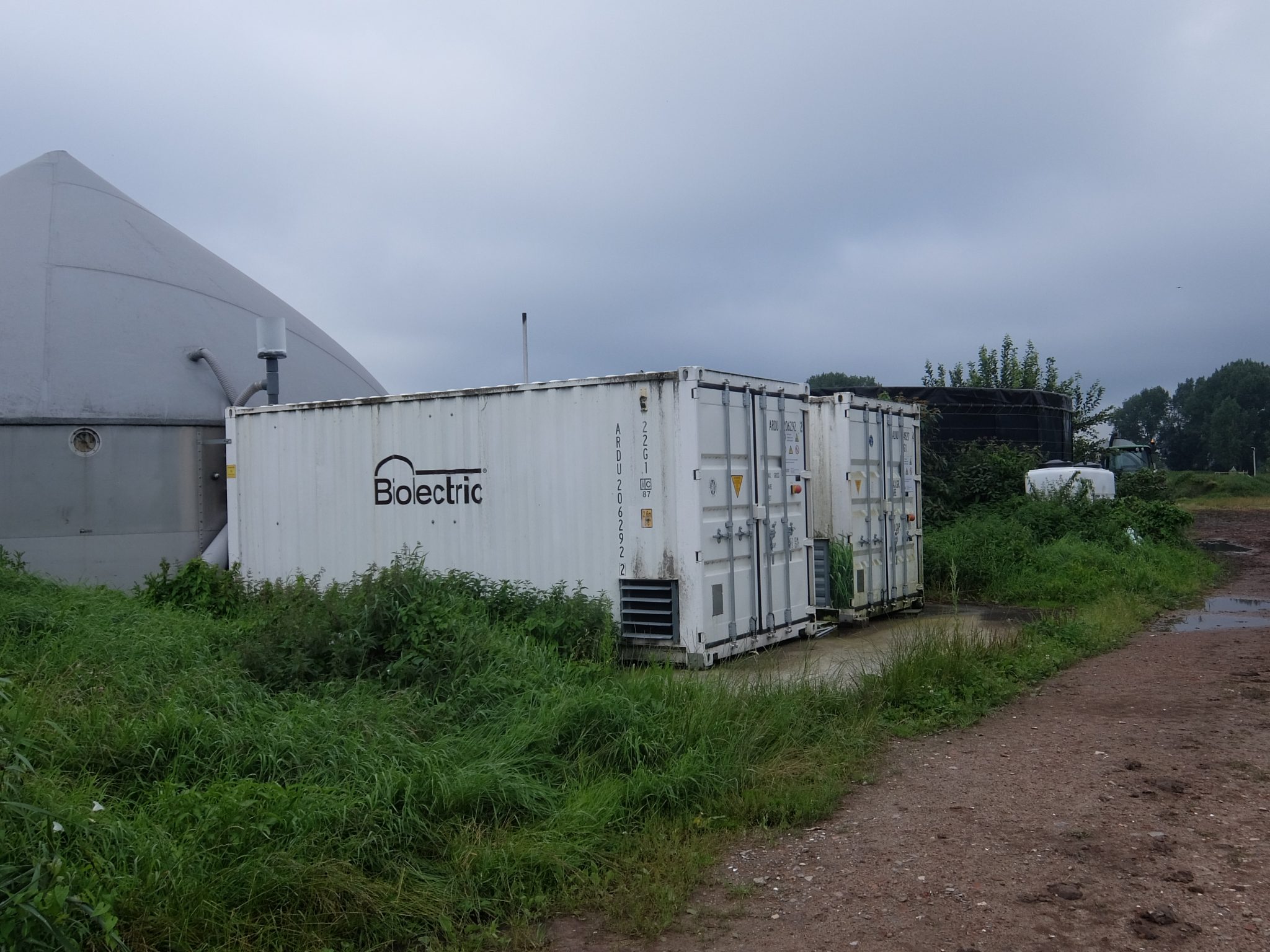
Usually the nitrogen needs of microalgae are met by means of fertilizers, but the creative minds of Kris and Ginny also looked for a solution here: some algae species now even seem to grow faster when you replace the fertilizer with grass juice! This is the result of a project funded by the EU and Flemish Government in 2021: Grass2Algae
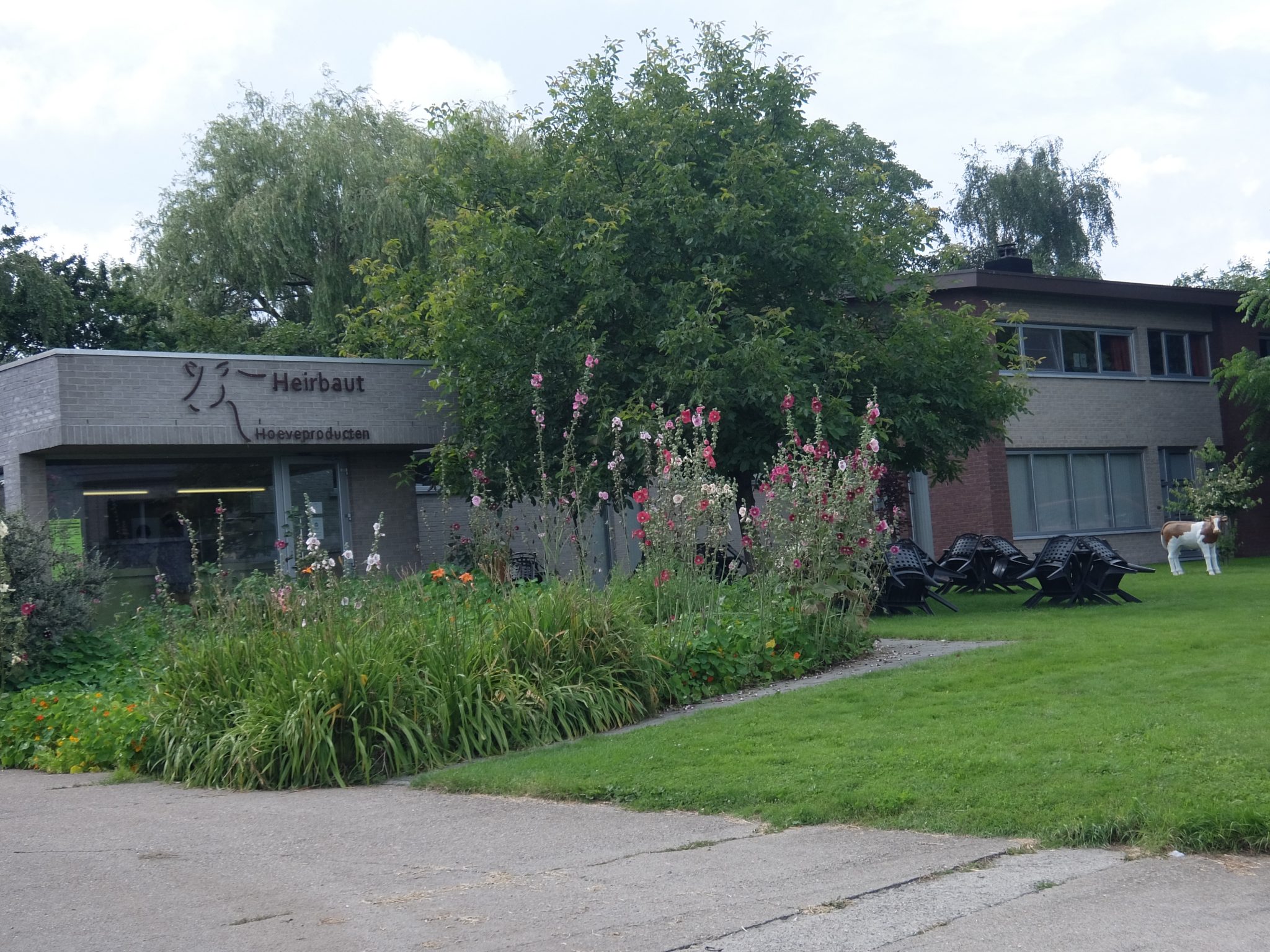
After harvest, the microalgae can then be useful to produce vegan food. Meaning in 2022 a new challenge arises for Kris and Ginny: creating novel food products containing microalgae!
Due to the unparalleled nutrient efficiency of microalgae, their dairy herd in Temse is the only one in the world that is able to produce a larger quantity of vegetable protein than it can consume itself.
Moreover Heirbaut aLgriculture started in 2021 with both carbon farming and agroforestry and will even sell local carbon credits!
EU communication obligations for funded projects:



